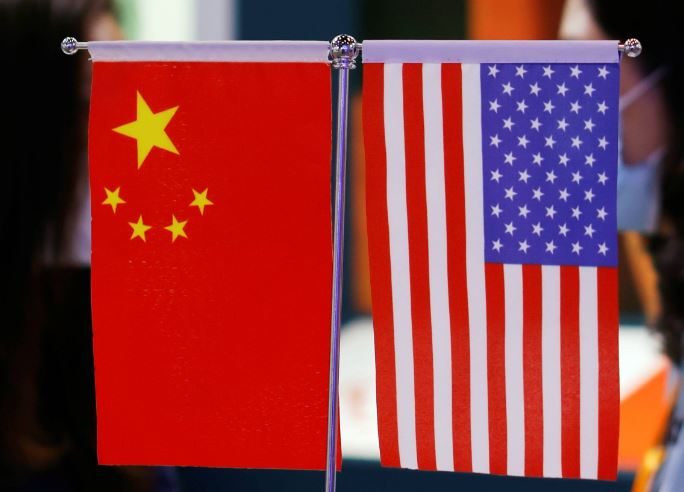Growing Concerns: U.S. Transportation Secretary Raises National Security Alarms over Chinese Autonomous Vehicle Companies
WASHINGTON, July 20 – U.S. Transportation Secretary Pete Buttigieg has raised alarm over growing national security concerns surrounding Chinese autonomous vehicle (AV) companies operating in the American market. With lawmakers calling for potential restrictions on their operations, Buttigieg emphasized the critical need to scrutinize the involvement of these companies in key transportation technologies.
In an exclusive interview with a well known media house, Buttigieg drew parallels between the concerns previously raised about Chinese telecom companies and the popular social media platform TikTok. Now, similar apprehensions have surfaced regarding transportation technologies. He stressed the importance of thoroughly understanding the true ownership structure of various enterprises contributing to the U.S. transportation systems, especially those with ties to foreign entities.
The concerns surrounding Chinese AV technology came to the fore through a bipartisan letter dated July 17, addressed to Buttigieg and Secretary of Commerce Gina Raimondo. In this letter, the lawmakers urged for a comprehensive investigation into the prevalence of Chinese AV technology in the United States and proposed measures to restrict its impact on national security.
The lawmakers highlighted the array of AV technologies at play, such as LiDAR, RADAR, cameras, artificial intelligence, and advanced sensors. They expressed significant concerns that these technologies could potentially gather sensitive data on American citizens and critical infrastructure, creating a potential avenue for information to be shared back to China and eventually to the Chinese Communist Party (CCP).
Of particular concern to the lawmakers was the on-road testing and equipment trials being conducted by Chinese AV companies within the United States. They referred to data from California regulators, revealing that seven Chinese firms, including Baidu’s Apollo and Pony.ai, a leading robotaxi startup, conducted extensive autonomous vehicle tests in the state last year.
Despite significant hurdles in delivering on promises of fully self-driving cars, the autonomous vehicle industry in the U.S. continues to push forward. Many AV companies have faced financial challenges, resulting in cost-cutting measures and job losses. Notable examples include Ford-backed Argo AI and Volkswagen-backed Argo AI, which were forced to scale down operations.
Nevertheless, key players in the AV space, such as General Motors’ Cruise unit, Alphabet’s Waymo, and Amazon’s Zoox, remain committed to advancing AV technology. These companies persist in their efforts to bring autonomous vehicles to market, despite the complexities and uncertainties of the industry.
As national security concerns continue to rise and lawmakers call for investigations, the fate of Chinese AV companies’ operations in the U.S. remains uncertain. The transportation industry faces the delicate task of balancing technological advancements with safeguarding sensitive data, all while striving to fulfill the promise of autonomous vehicles on American roads. Finding an appropriate regulatory framework to address the potential risks and harness the benefits of AV technology remains a pivotal challenge for policymakers and industry stakeholders alike.

